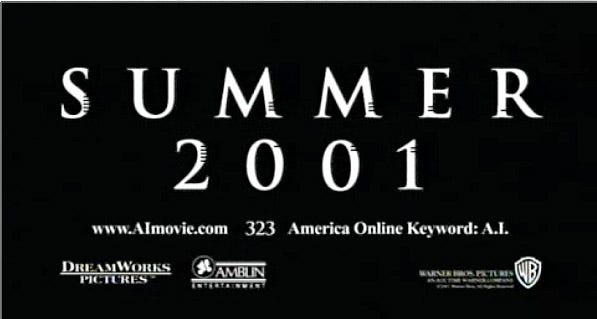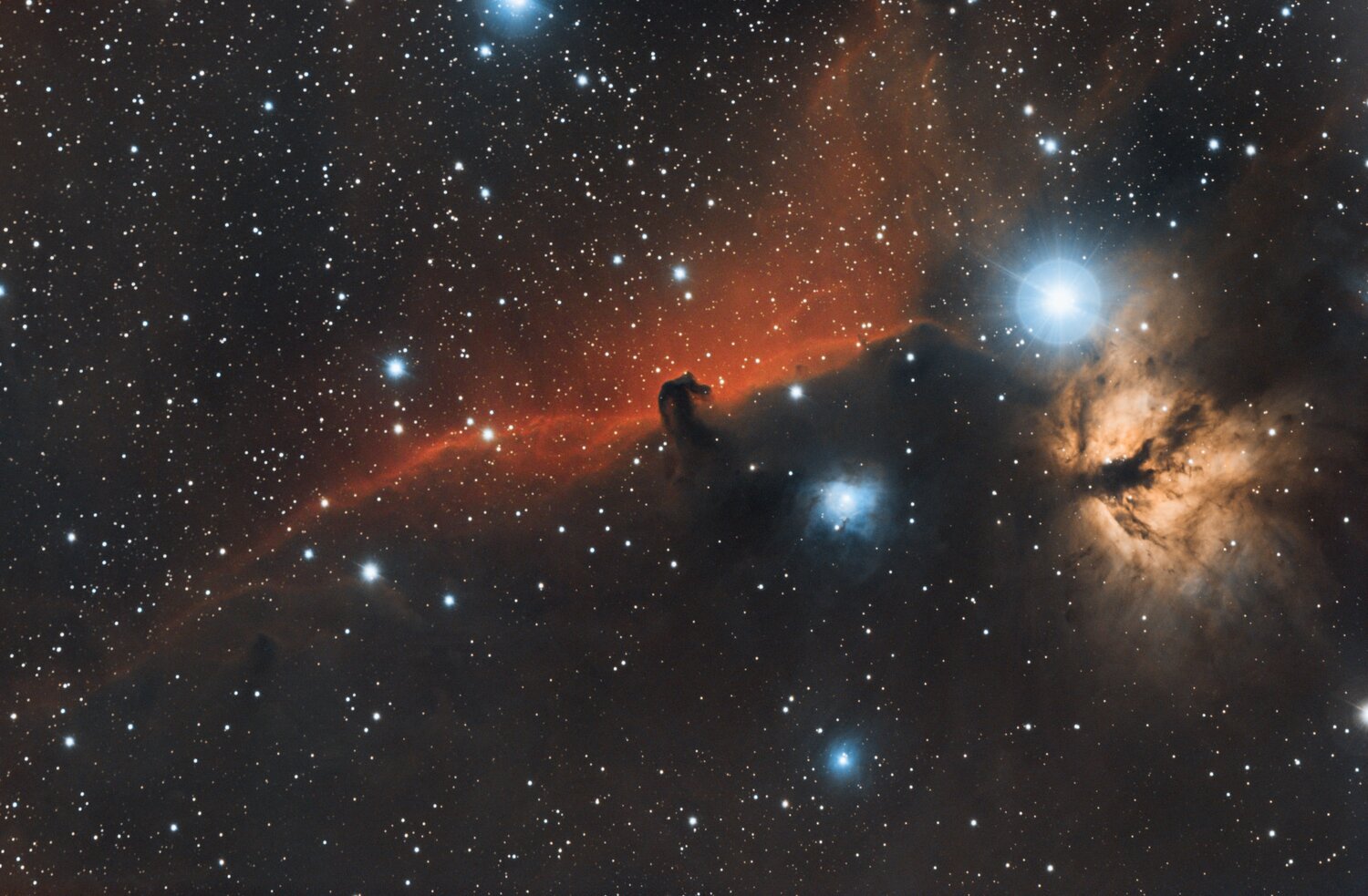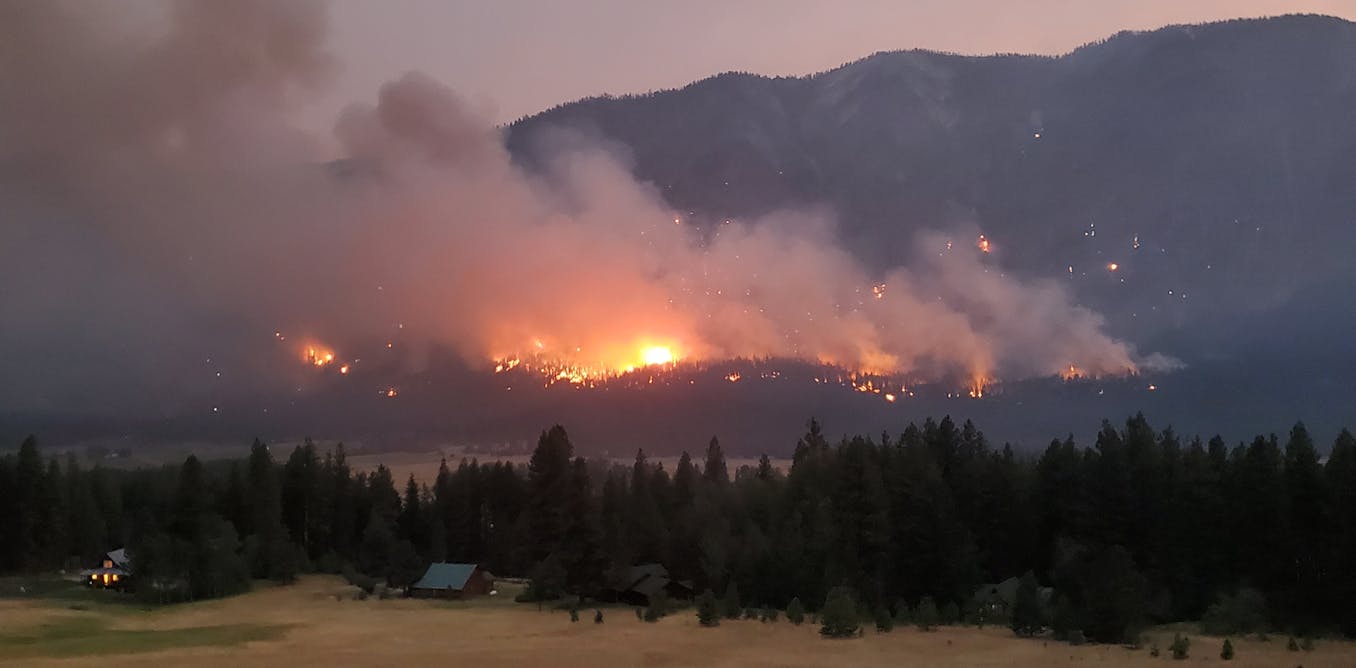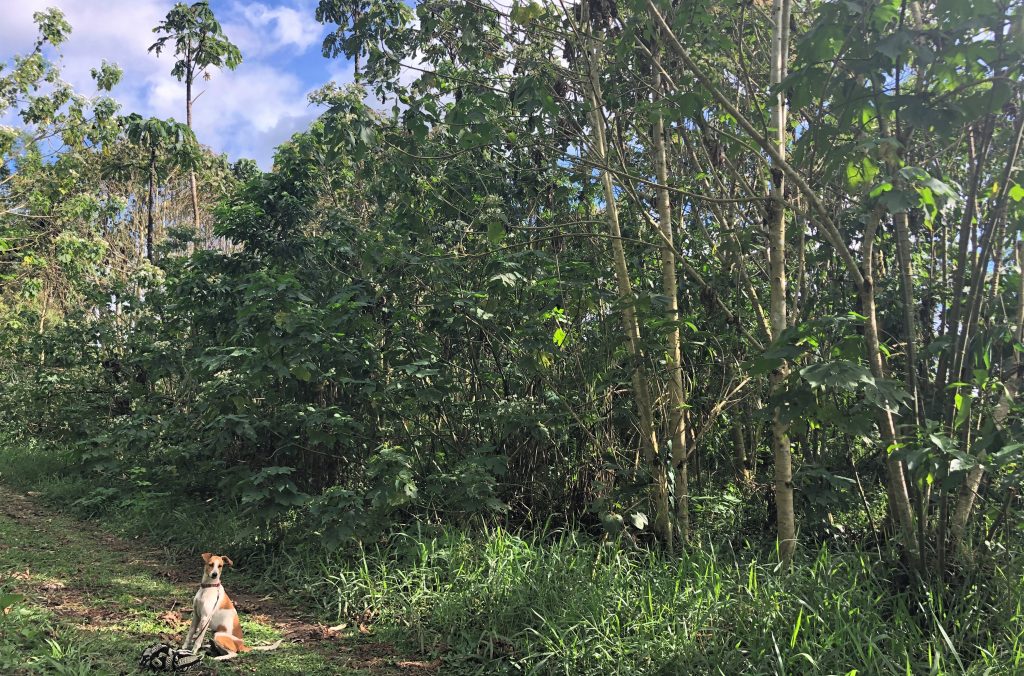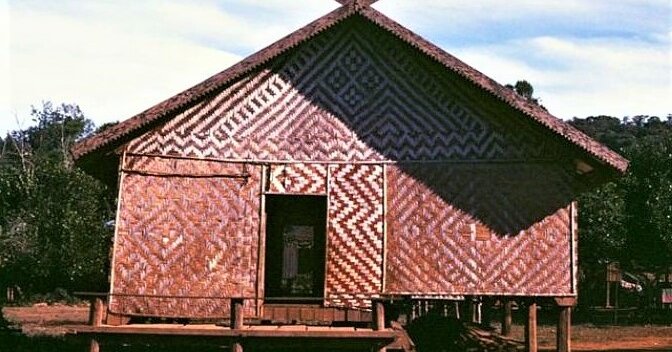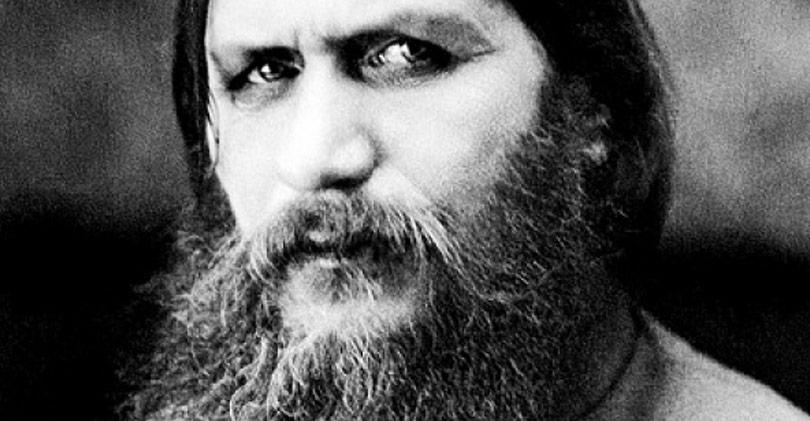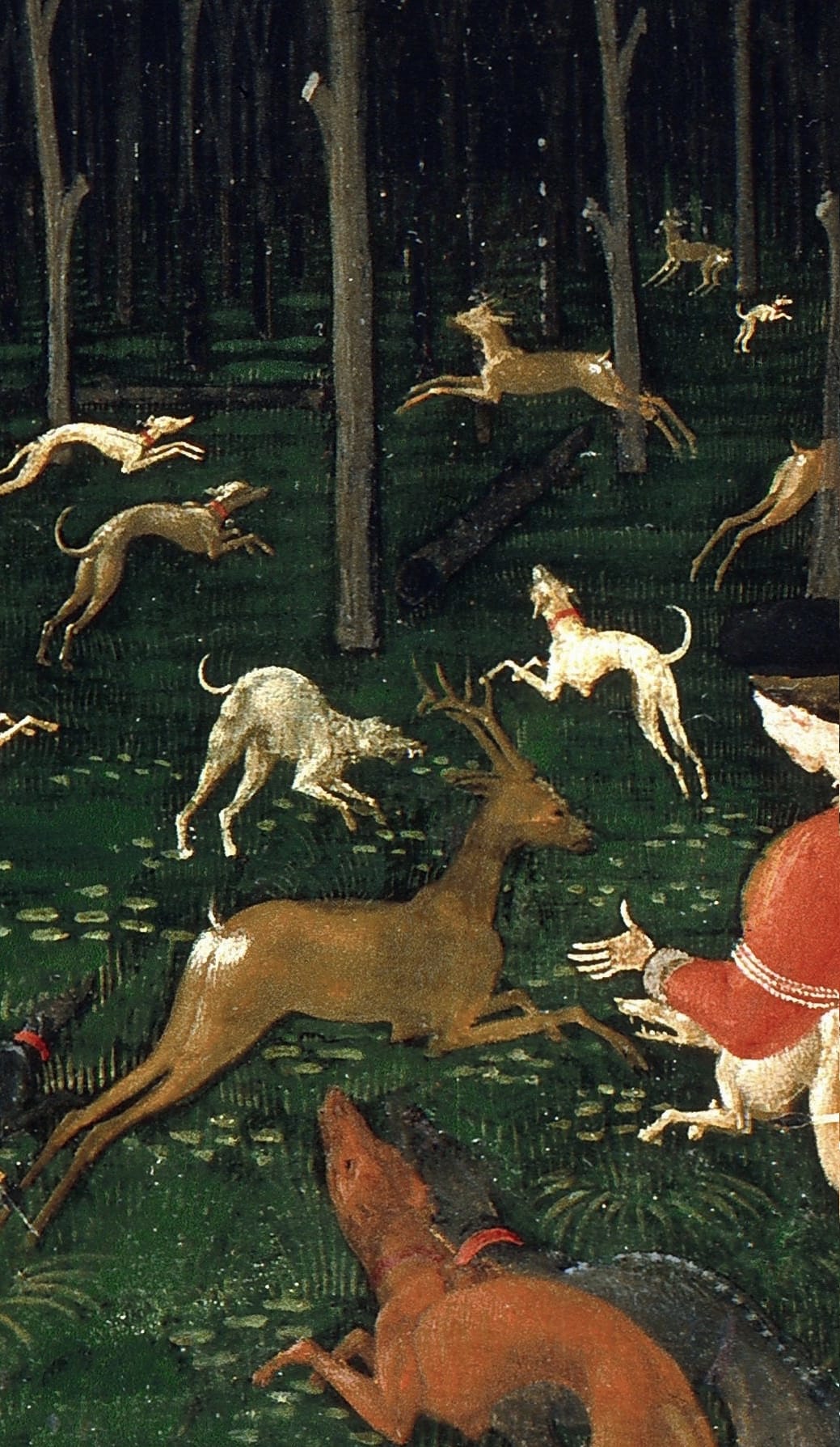
against the dark forest
The complex of ideas I’m going to call the Dark Internet Forest emerges from mostly insidery tech thinking, but from multiple directions.
The complex of ideas I’m going to call the Dark Internet Forest emerges from mostly insidery tech thinking, but from multiple directions—initially in Kickstarter co-founder Yancey Strickler’s freeform noticings that apply science fiction writer Liu Cixin's dark forest theory of the universe to social media, then in humanist all-arounder Maggie Appleton’s illustrated tech notes. It names an experience of paranoia and anxiety that by the end of the 2010s was widespread among people with meaningful connections between their online personas and their ability to maintain their standard of living. It hit a nerve, especially within some corners of tech-and-society thinking that influence internet makers. It even shows up in a New York Review of Books piece: a coup for something so initially modest.
It’s tedious and a bit unfair to point out that an informal notion that escaped containment is flawed or incomplete, because of course it is. I’m going to do it anyway, because it describes a common set of experiences and reactions to our fraught moment in social technology. And also because analogies are tools to think with, and the tools we think with have weirdly intense shaping effects on what we do and make: see "the tragedy of the commons."
